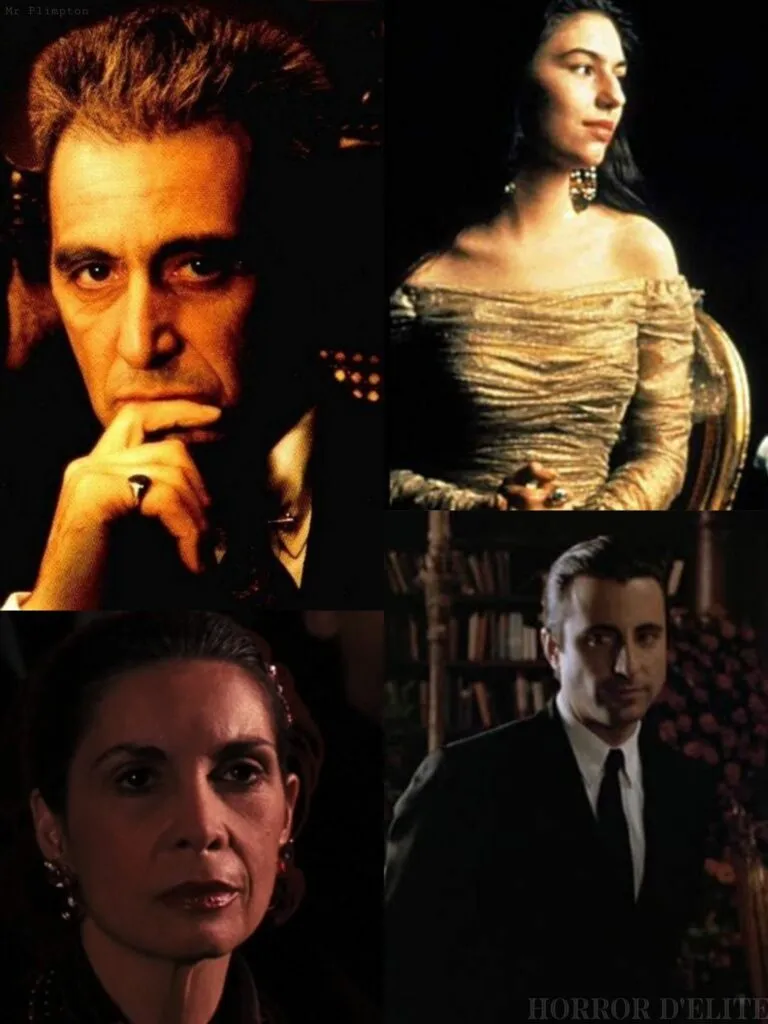Lucky Luciano
Lucky Luciano
by Francesco Rosi (1973)
The last years of Salvatore Lucania, known as Lucky Luciano, the undisputed head of the Italian-American mafia in New York.
“The mafia does not distinguish between parties. They have no party. They are always with whoever has power. In Truman’s time, they were with Truman, and Dewey was waging war against him.
Now it’s Dewey who commands, and the war is waged by the poor.”
“And where do we stand?”
“We’re in the middle. And if we’re not careful, we’ll get hit from both sides.”
CONSIDERATIONS.
Director Francesco Rosi was not interested in making a film that recounts Luciano’s biography. By his own admission, the figure of the famous “boss” was merely a pretext for a general reflection on power.
In this regard, it is not surprising that, contrary to what one might think, the core of the project is not represented by shootouts or settling of scores but rather by dialogues.
The only exception is at the film’s opening, which depicts what has gone down in history as the night of the Sicilian Vespers.
The night when Luciano effectively had around forty adversaries eliminated and took all the power.
This event is portrayed in the film according to the classic stylistic conventions of genre cinema: scenes that show “gangsters doing gangster things,” as Jules Winnfield would say in “Pulp Fiction.”
Rosi presents a long series of “murdered victims,” gunfire, and ambushes that unfold in slow motion, a stylistic choice that proves to be highly effective.
The rest, as mentioned, consists of glances and words, without any concessions to spectacularity, to avoid any possible glorification of the character.
What matters is the social context, the political landscape, and, more generally, the state of a country just emerged from war.
In this situation, Lucky Luciano, recently expelled from the United States, manages to create a vast drug empire while constantly evading justice.
Thanks to an extensive network of connections and protection, no one ever manages to gather enough evidence to incriminate him, and only death, which comes after a heart attack, will stop his criminal activities.
It is thus an investigative film, in certain parts bordering on documentary, very conceptually distant from the kind of “romanticism” that Coppola had accustomed us to in “The Godfather.”
Gian Maria Volonté is truly remarkable in the role of the protagonist: a skilled man who conceals his true essence behind a mild and calm appearance.
A man who has, in fact, manipulated the most powerful governments at will and created a global mafia network.
Click here to watch our trailer
 Subscribe to our YouTube channel
Subscribe to our YouTube channelDive into a thrilling world with Nightmares






